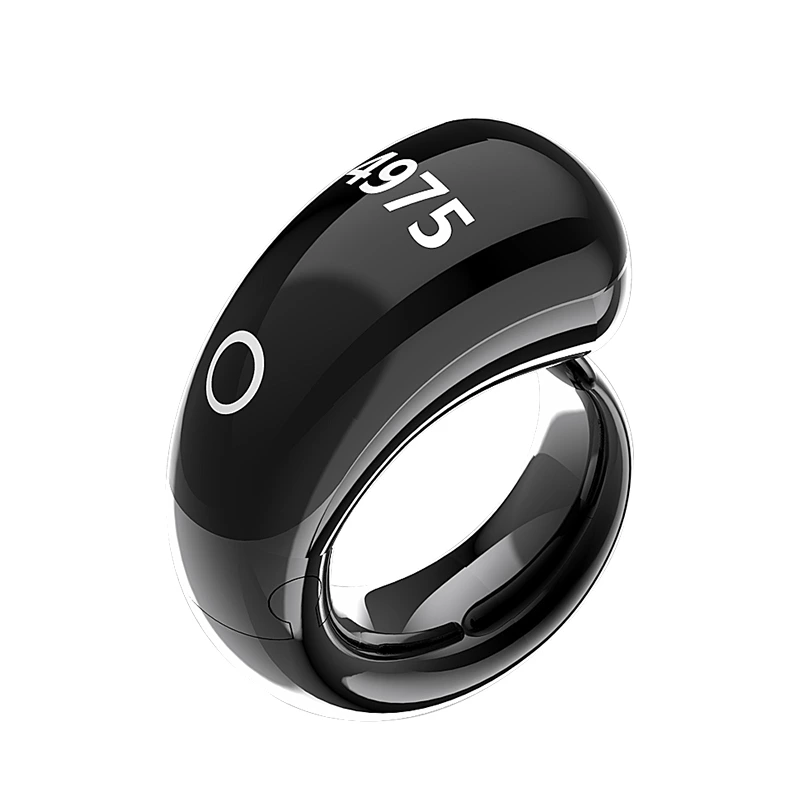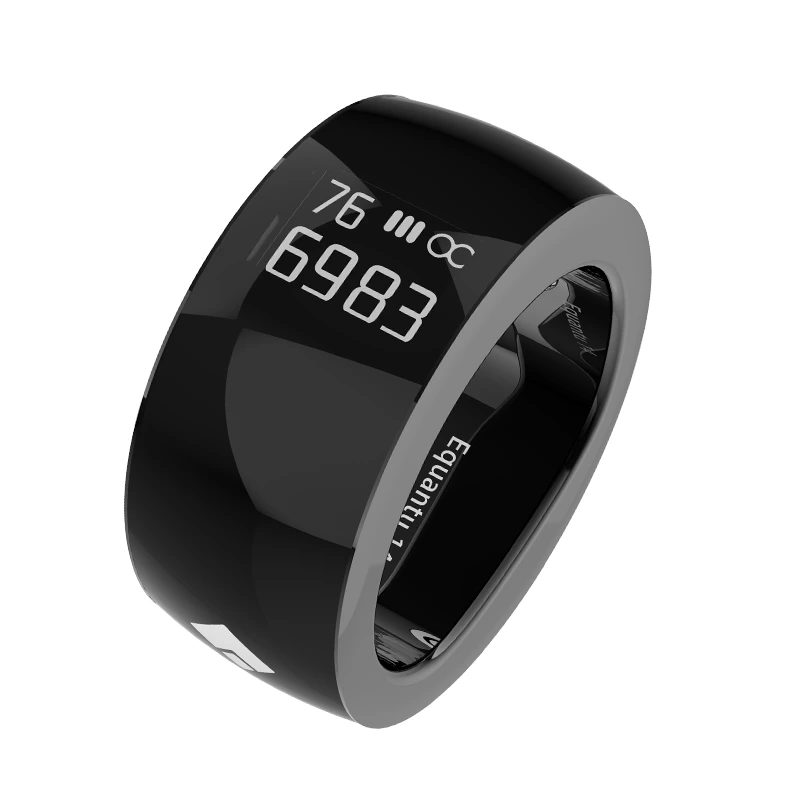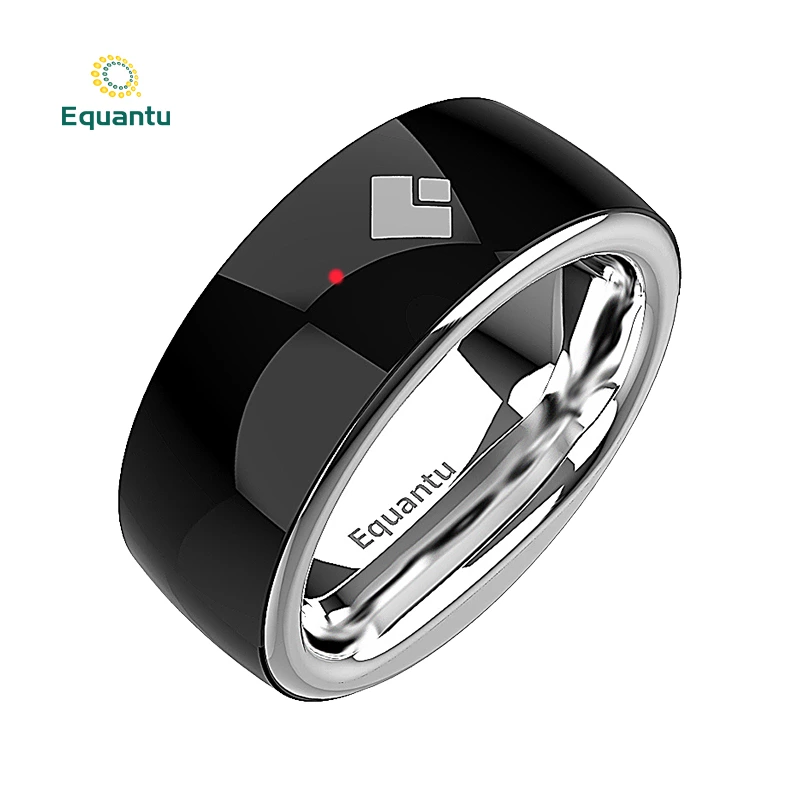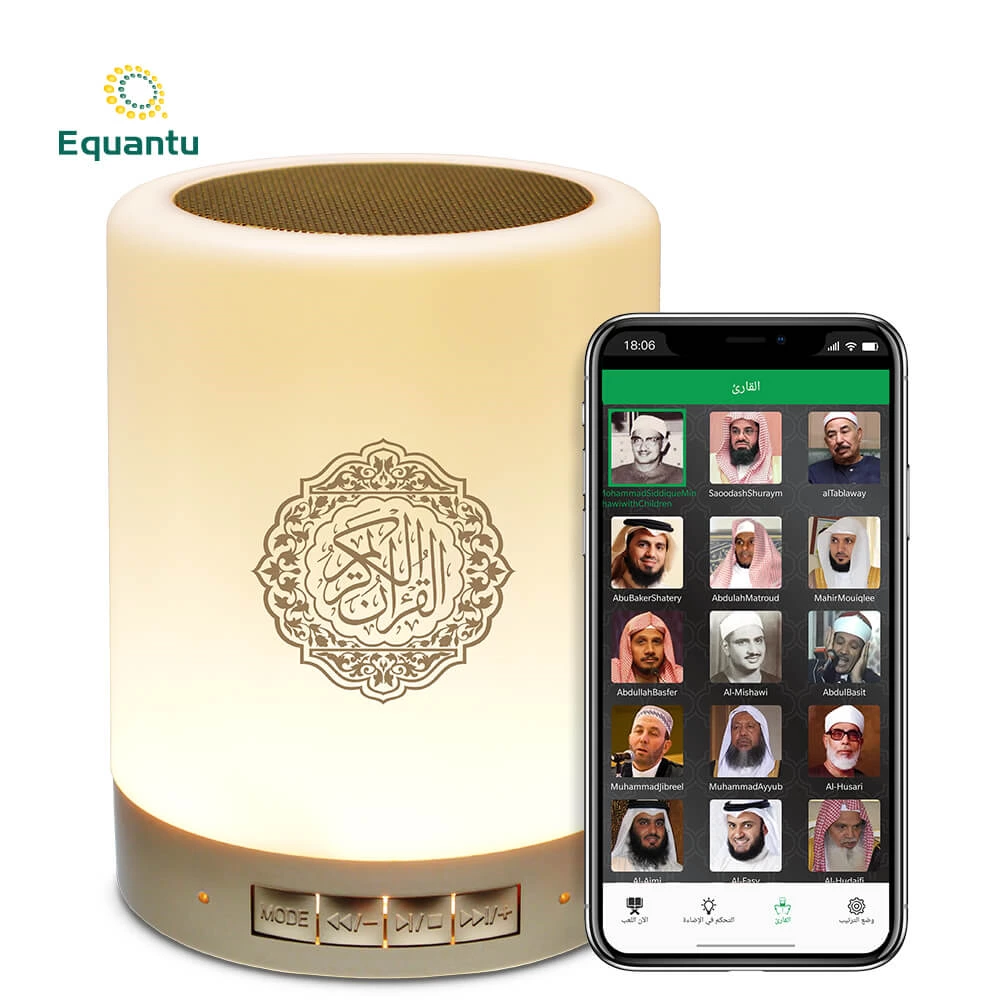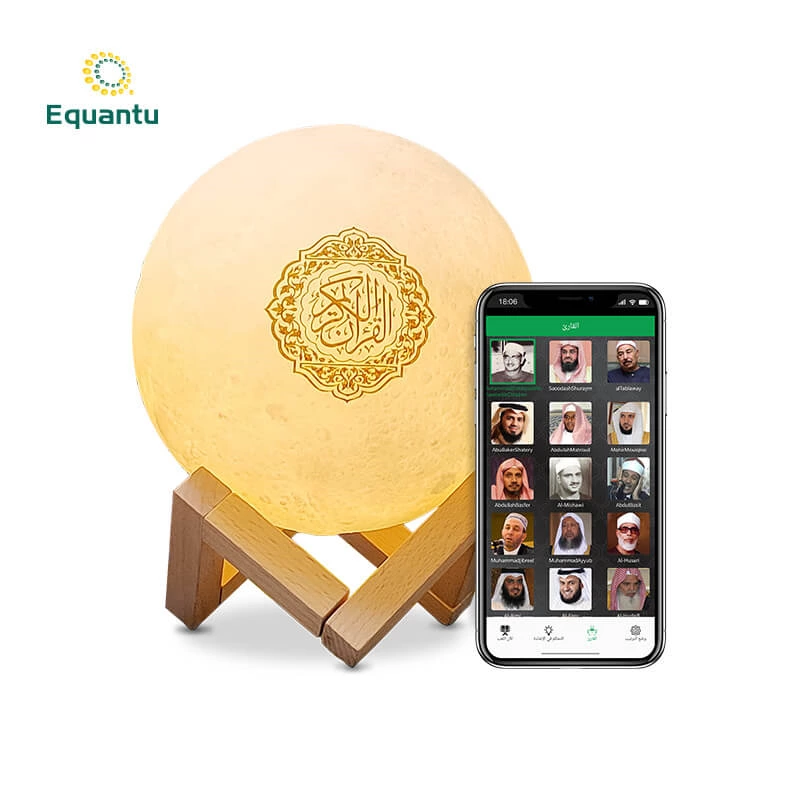Astronomy and Astrophysics
Muslim astronomers made remarkable advancements in understanding the cosmos. They meticulously observed celestial bodies, refined astronomical instruments, and developed complex models of the universe. Notable figures like Al-Biruni and Al-Sufi contributed to the accuracy of star catalogs and the study of celestial mechanics. Their work not only enhanced navigation and timekeeping but also influenced later European astronomers during the Renaissance.
Mathematics and Algebra
The development of algebra is one of the most significant contributions of Muslim scientists. Al-Khwarizmi, often referred to as the "father of algebra," introduced systematic solutions for linear and quadratic equations in his seminal work "Kitab al-Jabr." His methods laid the groundwork for modern algebra and algorithmic processes, which are fundamental to today's computing and technology industries.
Medicine and Pharmacology
Muslim physicians like Ibn Sina (Avicenna) revolutionized medicine with their comprehensive medical encyclopedias, such as "The Canon of Medicine." They emphasized empirical observation and experimentation, contributing to the development of pharmacology, anatomy, and surgical techniques. Their holistic approach to health care integrated body, mind, and spirit, influencing medical practices for centuries.
Chemistry and Alchemy
Muslim scientists played a pivotal role in the evolution of chemistry from alchemy. Figures like Jabir ibn Hayyan (Geber) introduced systematic experimentation and classification of substances, laying the foundation for modern chemical science. Their work in distillation, crystallization, and the development of acids advanced both theoretical and practical aspects of chemistry.
Engineering and Technology
Innovative engineers like Al-Jazari designed sophisticated mechanical devices, including water clocks, automata, and hydraulic machines. His "Book of Knowledge of Ingenious Mechanical Devices" showcases his ingenuity and practical applications of engineering principles. These inventions not only demonstrated advanced technological skills but also inspired future generations of engineers and inventors.
Philosophy and Logic
Muslim philosophers such as Al-Farabi and Ibn Rushd (Averroes) made significant contributions to logic, metaphysics, and ethics. They engaged with Greek philosophical traditions, interpreting and expanding upon the works of Aristotle and Plato. Their intellectual pursuits fostered critical thinking and laid the groundwork for modern philosophical inquiry.
Integration with Modern Islamic Products
Modern Islamic products like Quran speakers and Zikr rings draw inspiration from the rich scientific heritage of Muslim scientists. Quran speakers, designed with precision and innovation, reflect the meticulous craftsmanship of historical Muslim engineers. Zikr rings, often featuring intricate geometric patterns reminiscent of Islamic art, honor the mathematical prowess of Muslim scientists like Al-Khwarizmi.
Conclusion
The contributions of Muslim scientists to various fields have had a profound and lasting impact on the world. Their dedication to knowledge, innovation, and ethical practices continue to inspire modern scientific endeavors and Islamic products. By integrating the legacy of these pioneers into contemporary items like Quran speakers and Zikr rings, we honor their achievements and ensure that their contributions remain a vital part of our cultural and scientific heritage.


